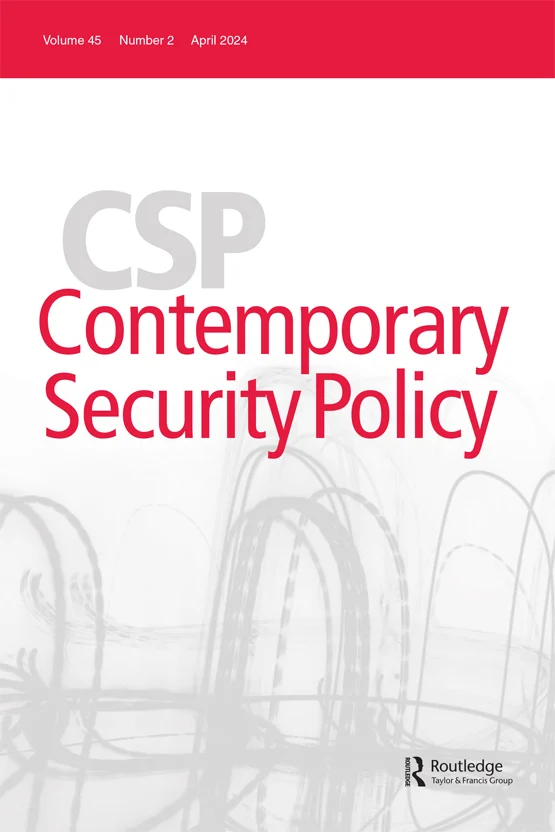Responding to the crisis in United Nations peace operations
IF 5
1区 社会学
Q1 INTERNATIONAL RELATIONS
引用次数: 5
Abstract
ABSTRACT This special forum discusses the future trajectory of UN peace operations at a time many stakeholders and analysts consider to be one of crisis, contestation, or at the very least transition. The UN is facing difficulties in responding effectively to many of the world’s worst recent conflicts, even where it has (or until recently had) operations. Even before COVID-19, the blue helmets were facing a period of serious retrenchment and budgetary constraints. Mission mandates have experienced a transformation, from the recent “robust turn” to the incorporation of stabilization mandates grounded in counterinsurgency/counterterrorism doctrine. The crossroads of economic downturn, geopolitical realignment and continuous adaptation of peacekeeping practice provides the backdrop of the contributions to the special forum that follows. The analyses presented here not only accompany the ongoing evolution of the nexus of issues that constitute peacekeeping studies but also reflect the breadth and depth of the extensive attendant academic literature.对联合国和平行动中的危机作出反应
本次特别论坛讨论了联合国和平行动的未来轨迹,许多利益攸关方和分析人士认为这是一个危机、争议或至少是过渡时期。联合国在有效应对世界上许多最近最严重的冲突方面面临困难,即使在它已经(或直到最近才)开展行动的地方也是如此。甚至在2019冠状病毒病之前,蓝盔部队就面临着严重紧缩和预算紧张的时期。特派团的任务经历了转变,从最近的“强劲转向”到纳入基于反叛乱/反恐原则的稳定任务。经济衰退、地缘政治调整和维持和平实践不断调整的十字路口,是下文特别论坛的背景。这里提出的分析不仅伴随着构成维持和平研究的各种问题之间关系的不断演变,而且也反映了随之而来的大量学术文献的广度和深度。
本文章由计算机程序翻译,如有差异,请以英文原文为准。
求助全文
约1分钟内获得全文
求助全文
来源期刊

Contemporary Security Policy
Multiple-
CiteScore
14.60
自引率
6.80%
发文量
22
期刊介绍:
One of the oldest peer-reviewed journals in international conflict and security, Contemporary Security Policy promotes theoretically-based research on policy problems of armed conflict, intervention and conflict resolution. Since it first appeared in 1980, CSP has established its unique place as a meeting ground for research at the nexus of theory and policy.
Spanning the gap between academic and policy approaches, CSP offers policy analysts a place to pursue fundamental issues, and academic writers a venue for addressing policy. Major fields of concern include:
War and armed conflict
Peacekeeping
Conflict resolution
Arms control and disarmament
Defense policy
Strategic culture
International institutions.
CSP is committed to a broad range of intellectual perspectives. Articles promote new analytical approaches, iconoclastic interpretations and previously overlooked perspectives. Its pages encourage novel contributions and outlooks, not particular methodologies or policy goals. Its geographical scope is worldwide and includes security challenges in Europe, Africa, the Middle-East and Asia. Authors are encouraged to examine established priorities in innovative ways and to apply traditional methods to new problems.
 求助内容:
求助内容: 应助结果提醒方式:
应助结果提醒方式:


